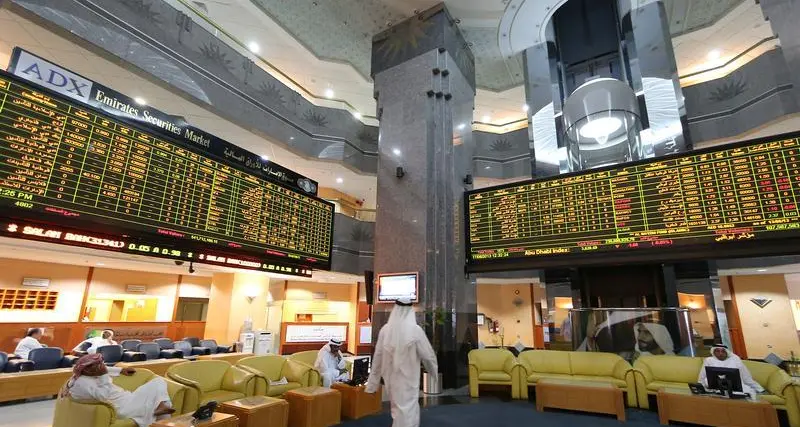More than 300 hundred livestock value-chain players in Zimbabwe, Government officials, veterinarians, farmers, development partners and the private sector representatives gathered in the Manama township of Matabeleland South province to witness the official handover of 26 upgraded Anchor Animal Health Management Centres (AAHMCs); launch of the Animal Pests and Disease Surveillance Plan (2023 -2030) and the Public Private Partnerships (PPP) model for the improved delivery of animal health services in the livestock sector.
In recent years, the livestock sector has been threatened by the effects of climate change, outbreaks of animal diseases and socio-economic challenges. Such threats have stimulated the need to strengthen the livestock sector through PPP interventions. The overall agenda is for sustainable provision of livestock health inputs and services by catalyzing multi-stakeholder environment for collaboration in service delivery for improved livestock production and productivity thereby contributing to food security and livelihoods.
Since 2019, the Government of Zimbabwe under the Ministry of Lands, Agriculture, Fisheries, Water and Rural Development (MLAFWRD) in partnership with the Food and Agriculture Organization of the United Nations (FAO) have been implementing a EUR 40 million, European Union funded project entitled: “Transforming Zimbabwe’s Animal Health and Food Safety Systems for the Future (SAFE). The SAFE project is one of six crucial components under the EU-funded Zimbabwe Agricultural Growth Programme (ZAGP) that has supported beef, goat, pork, poultry and dairy value chains. The overall objective of the ZAGP is to contribute to the development of a diversified and efficient agriculture sector that promotes inclusive green economic growth.
Led by FAO, the SAFE project was designed to address challenges affecting the livestock sector, with the overall objective of transforming Zimbabwe’s Animal Health and Food Safety systems for improved livestock production and productivity, food safety and market access.
“We are glad to see that the SAFE project has been contributing to enhancing animal production and productivity through interventions such as support to production of tick-borne disease vaccines, support to formulation of strategies, veterinary laboratory ISO accreditation, training of extension staff on Standard Operating Procedures among other things,” said Davis Marapira, Deputy Minister of MLAFWRD in his remarks while also recognizing that these milestones fall within and contribute to the mandate of the national Livestock Recovery and Growth Plan (2021 – 2026).
FAO supports Member States including Zimbabwe to strengthen the contribution of livestock systems towards achieving the Sustainable Development Goals. FAO's work on sustainable livestock systems is at the interface of the four ‘betters’ of the FAO Strategic Framework 2022-31: better production, better nutrition, better environment and a better life – leaving no one behind.
Acknowledging the importance of these multisectoral interventions towards livestock sector recovery in Zimbabwe, FAO Subregional Coordinator for Southern Africa and Representative to Zimbabwe underscored the critical importance of sustainable livestock systems in fostering inclusive economic growth, improve livelihoods, and sustain animal health and welfare.
“These initiatives funded by the EU, are being delivered in a layered and coherent manner to strengthen both national and local capacities for self-reliance to respond to animal diseases for improved productivity and market access. These interventions will go a long way in transforming Zimbabwe’s animal health sector for sustainable growth and development,” said Patrice Talla acknowledging EU support and affirming FAO’s commitment in revitalization of the county’s livestock sector.
Also in attendance was the EU Ambassador, His Excellency Jobst von Kirchmann who reiterated the EU’s support, acknowledging the importance of strategic partnerships and urging the nation to preserve the livestock sector. The Ambassador also recognized the efforts of all key players who contributed in this project including FAO, the Department of Veterinary Services under the Ministry of Agriculture, and the Department of Environmental Health under the Ministry of Health for their instrumental roles in making the project a success. He went on to call upon key stakeholders, especially the private sector, to safeguard and to build on the progress made through the project.
“As we celebrate these achievements, we must also keep our eyes on the future. The sustainability of this project is critical, and it hinges on growing through partnerships. The "Public Private Partnership" model has been intentionally highlighted under the project and has shown great promise in enhancing the national animal diseases surveillance system,” said the Ambassador.
“We welcome the partnership with Department of Veterinary Services to provide sustainable animal health services to the small holder sector where the 80-90% of the livestock is reared. We are geared to scale up the ladder in the livestock sector as it is the backbone of agriculture in Zimbabwe and we are adding the input lines to include the crop protection units too for a one stop shop facility for the farmers,” said Professor Joseph Kamuzhanje of the Shumba Group representing private sector partner Agro-suppliers.
The key beneficiaries of this model are the livestock farmers who expressed jubilation and happiness to have the veterinary services revamped and having the medicines at their doorsteps at affordable prices reaffirming their commitment to play their part to upscale production by following advice from the DVS health experts.
The launch concluded with all key players acknowledging important contribution of livestock to food security at all levels providing the world’s population with sufficient and reliable supplies of nutritious, affordable and safe livestock-derived food. In Zimbabwe, livestock production constitutes a very important component of the agricultural economy and its viability is essential in transforming the country’s animal health sector for sustainable growth and attainment of the Agenda 2030.
Distributed by APO Group on behalf of FAO Regional Office for Africa.









